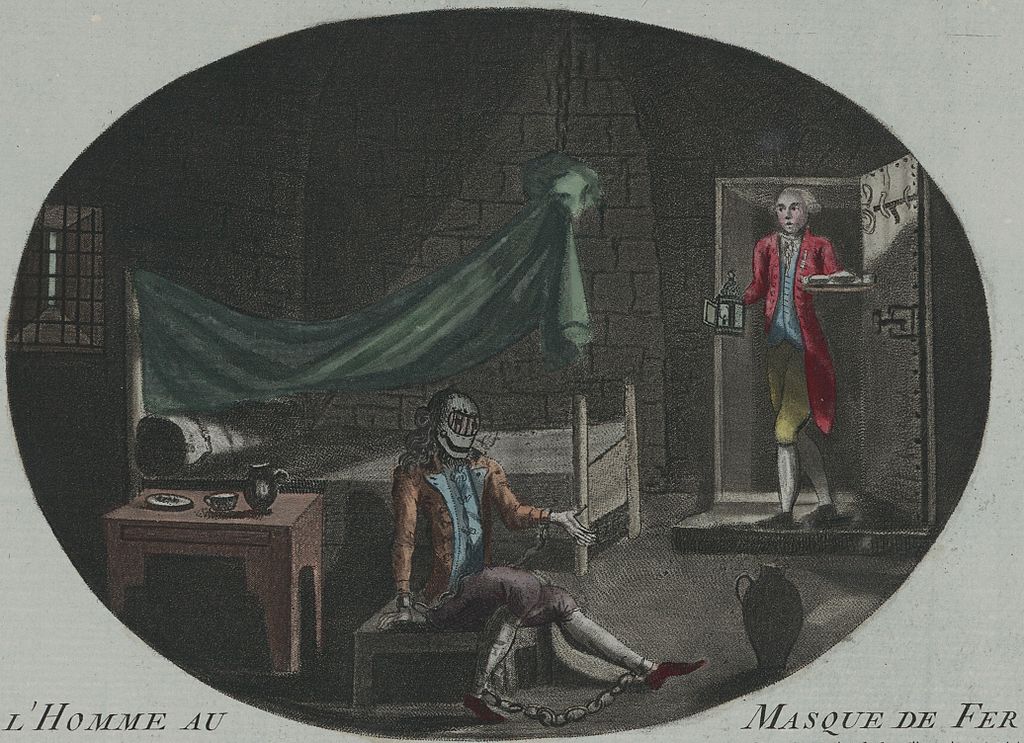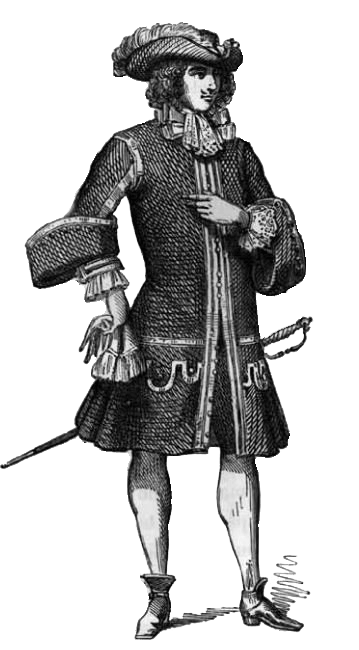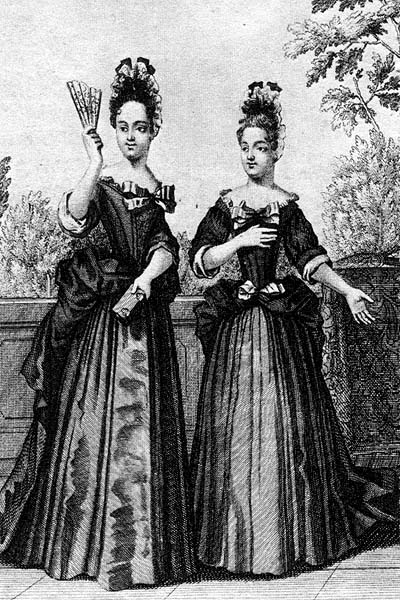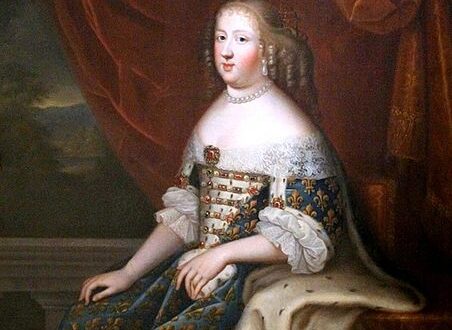Les Princes Étrangers, The Foreign Princes
A title does not always equal ones rank and the best example for it are the foreign princes, Princes étranger, who although carrying a title such as Chevalier outranked most other nobles.

In medieval Europe, a nobleman bore the title of prince as an indication of sovereignty, either actual or potential, aside from those who were or claimed to be monarchs, it belonged to those who were in line to succeed to a royal or independent throne. In case of the foreign princes, they all came from a family whose members had a possibility to succeed to become heir or ruler of a, somewhat, sovereign territory, like Monaco or Lorraine.
France had several categories of prince and they frequently quarreled with the members of other noble families for precedence and privileges.
A prince étranger was in rank straight below the Famille du Roi, the Royal Family, the Princes Du Sang, princes of the blood, and the Princes Légitimés, the legitimated princes, and above that of princes de titre, titular princes, holders of a legal but foreign title of prince which carried no right of succession to any sovereign, and above most titled nobles, including the highest among these, the Ducs.
This hierarchy in France evolved slowly at the king’s court, barely taking into account any more exalted status a foreign prince might enjoy in his own dynasty’s realm. It was not clear, outside the halls of the Parlement of Paris, whether foreign princes ranked above, below, or with the holder of a French peerage.
Their high birth not only attracted the king’s attention, but sometimes drew the allegiance of frustrated noble courtiers and those seeking a fortune, thus making them potentially dangerous to anyone ranking below and in some cases even above.
Most foreign princes did not initially use prince as a personal title, since the families which held that rank were famous and few in the ancien régime of France, a title carried less distinction than the family surname. Chevalier was usually the title of choice by foreign princes in the sixteenth and seventeenth centuries, without any implication that their precedence was limited to the rank normally associated with that title.This remained custom until Ducs and lesser noblemen arrogated to themselves the title prince de x, in the eighteenth century, and thus the foreign princes began to do likewise.
Among the privileges held by a foreign prince was the right to use the style of haut et puissant prince, high and mighty Prince, along with the right of being addressed as Votre Altesse, your Highness, and were called cousin be the King. Two specific privileges distinguished them even more from the rest, the pour, something that distinguished the court’s inner circle from its hangers-on, and the tabouret. The first refers to the right of rooms assigned to them at Versailles, the latter to the right of the female members to sit on a stool or ployant, folding seat, in the presence of the King or Queen.
The most noted families to hold this rank under Louis XIV were the cadets of
Savoy Carignan, the sovereign Dukes of Savoy; the Guise, cadets of the reigning Dukes of Lorraine; the Rohans, descendants of the extinct Dukes of Brittany as well as the La Tour d’Auvergnes, reigning Dukes of Bouillon; and the Grimaldis as ruling Princes of Monaco.
The status of foreign prince was not automatic, it required the King’s acknowledgement and authorization of each of the privileges associated with the status and some families claimed entitlement to the rank, but never received it, most infamous among these was Prince Eugene of Savoy.



